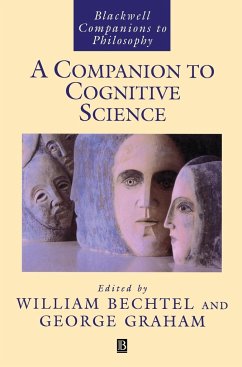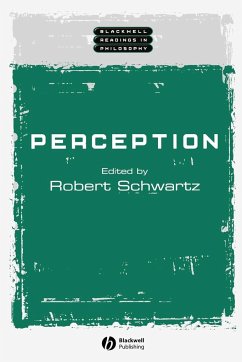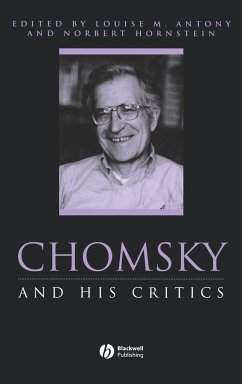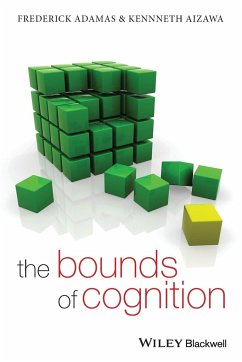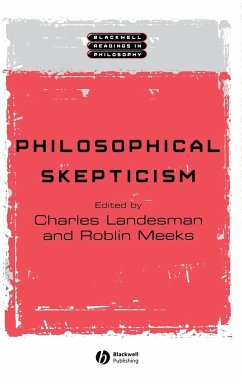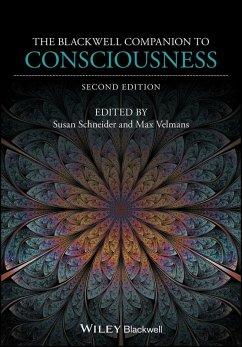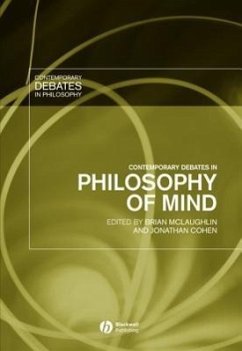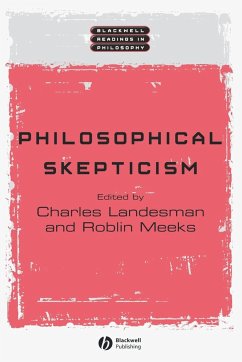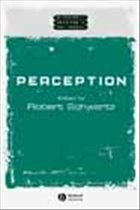
Perception
Versandkostenfrei!
Versandfertig in über 4 Wochen
144,99 €
inkl. MwSt.

PAYBACK Punkte
72 °P sammeln!
Perception presents classic essays on the conceptual and theoretical problems in the study of vision. In a style that is accessible to the non-expert, the volume lays out core issues in the theory of vision and then sets up a dialogue on the topics among philosophers and psychologists, past and present. Perception provides the historical background on the important debates in this field, considers alternative accounts of the basis for the individuation of the senses, explores the controversy over whether perception is direct or indirect, and examines the difficulties and complexities of drawin...
Perception presents classic essays on the conceptual and theoretical problems in the study of vision. In a style that is accessible to the non-expert, the volume lays out core issues in the theory of vision and then sets up a dialogue on the topics among philosophers and psychologists, past and present. Perception provides the historical background on the important debates in this field, considers alternative accounts of the basis for the individuation of the senses, explores the controversy over whether perception is direct or indirect, and examines the difficulties and complexities of drawing a principled distinction between perception and conception. This collection will interest anyone who seeks a deeper understanding of the complex problems of perception. It will also appeal to scholars in search of a compact collection of some of the best expository writing in this area.



